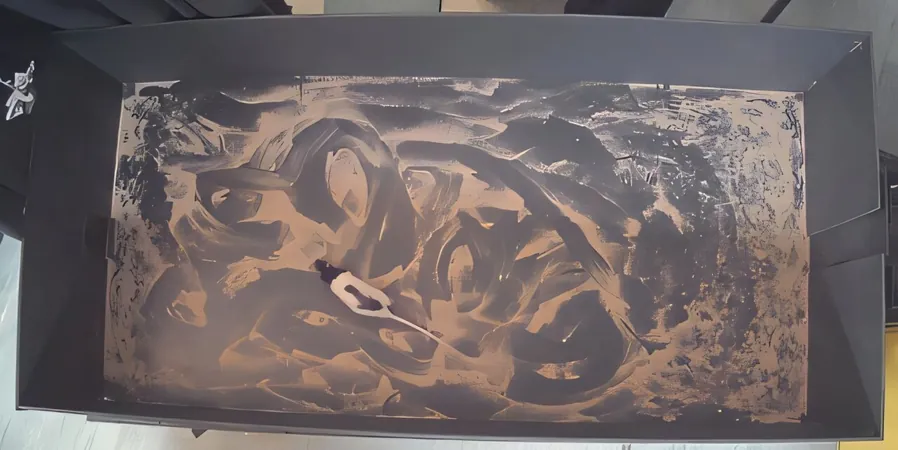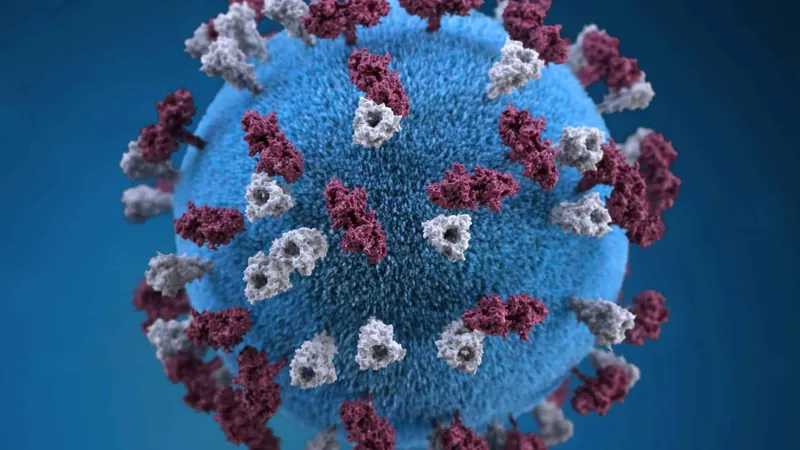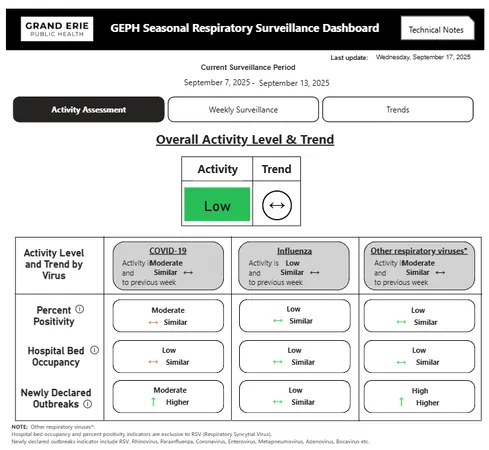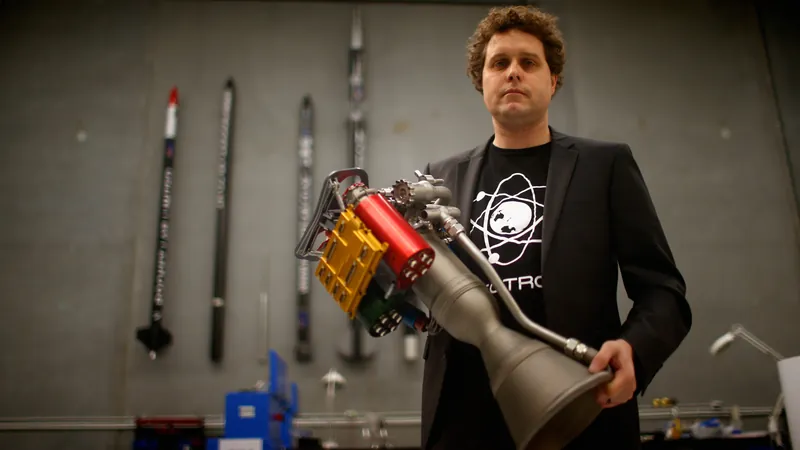
Unlocking the Brain's Secrets: How Rats and Humans Measure Distance
2025-09-23
Author: Jacob
Distance Judgement: A Shared Skill Between Species
Ever wondered how we navigate through the world without losing our way? Both humans and rats possess a remarkable ability to estimate distances using an internal 'pedometer' embedded in our brains!
Revolutionary Research Findings
In groundbreaking new research from the University of St Andrews, scientists have revealed that our furry friends, rats, have a specific mechanism in their brains that helps them gauge distance, much like humans do. This study, published in the prestigious journal Current Biology, explores how these creatures use their neural navigation systems to find rewards.
Neural Pedometer Uncovered
Past studies unearthed fascinating insights into the brain cells of rats, which exhibit consistent activity peaks approximately every 30 centimeters. This rhythmic firing acts like a neural pedometer, providing a precise gauge of how far the rats have traveled. However, researchers manipulated the task environment, disrupting the regularity of these signals, and observed a waning ability in the rats to accurately assess distance.
Humans Mimic Rat Distancing Skills
To delve deeper, the St Andrews team placed humans in a controlled 12.5-meter environment simulating the rats' task. Astonishingly, the results mirrored those of the rats. When the researchers altered environmental cues—in ways that distorted the rats' pedometer—humans also experienced a decline in their distance estimation accuracy.
The Implications for Alzheimer's Diagnosis
These compelling findings have broader implications. The team discovered that these distance estimation processes occur in the entorhinal cortex, a critical area of the brain that is one of the first to suffer damage in Alzheimer's disease. This suggests that tasks relying on this neural pedometer could serve as valuable tools for early diagnosis of the condition.
A Step Towards Understanding Our Minds
As we unlock the mysteries of how both rats and humans navigate space, we gain invaluable insight into brain functioning. This research not only enhances our understanding of animal cognition but also opens new avenues for addressing neurological diseases that affect millions.









 Brasil (PT)
Brasil (PT)
 Canada (EN)
Canada (EN)
 Chile (ES)
Chile (ES)
 Česko (CS)
Česko (CS)
 대한민국 (KO)
대한민국 (KO)
 España (ES)
España (ES)
 France (FR)
France (FR)
 Hong Kong (EN)
Hong Kong (EN)
 Italia (IT)
Italia (IT)
 日本 (JA)
日本 (JA)
 Magyarország (HU)
Magyarország (HU)
 Norge (NO)
Norge (NO)
 Polska (PL)
Polska (PL)
 Schweiz (DE)
Schweiz (DE)
 Singapore (EN)
Singapore (EN)
 Sverige (SV)
Sverige (SV)
 Suomi (FI)
Suomi (FI)
 Türkiye (TR)
Türkiye (TR)
 الإمارات العربية المتحدة (AR)
الإمارات العربية المتحدة (AR)